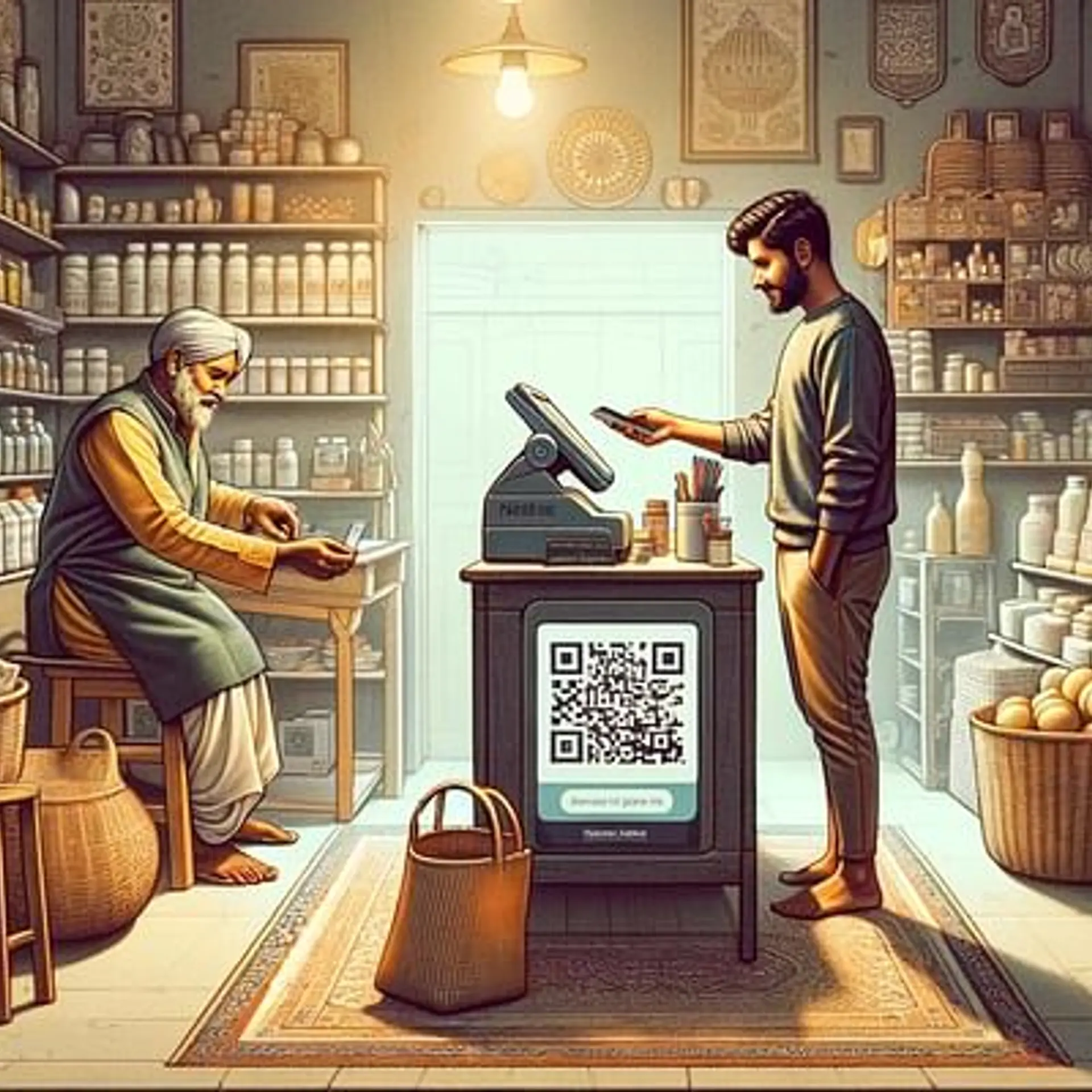Tsutomu Yamaguchi: The Man Who Miraculously Survived Two Atomic Explosions
A journey through the life of Tsutomu Yamaguchi, the only person officially recognized as a survivor of both the Hiroshima and Nagasaki atomic bombings, and his enduring legacy in nuclear disarmament.
In World War II's darkest hours, two cities in Japan, Hiroshima and Nagasaki, were reduced to ashes by atomic bombs. Remarkably, one man, Tsutomu Yamaguchi, survived both attacks. This is his incredible story.
Born in 1916, Yamaguchi lived in Nagasaki but was in Hiroshima on a business trip for Mitsubishi Heavy Industries on August 6, 1945. That fateful morning, while walking towards the shipyard, he witnessed an American B-29 bomber drop a small object. It was the "Little Boy," the world's first atomic bomb used in warfare, detonating approximately 600 meters above Hiroshima.
Despite being within the two-kilometer radius of the blast, Yamaguchi survived, though he suffered severe burns and temporary blindness. He was with two colleagues, who also astonishingly survived. Rather than collapsing under the trauma, Yamaguchi showed indomitable will, returning to Nagasaki the following day.
On August 9, despite his injuries, he reported to work, the day the second atomic bomb, "Fat Man," was dropped on Nagasaki. As he was explaining the Hiroshima bombing to his boss, an all-too-familiar bright light filled the room, followed by a colossal explosion. Once more, Yamaguchi found himself within the deadly radius, this time of his hometown's atomic bomb.
Again, Yamaguchi survived, but at a cost. He was severely injured, his home was destroyed, and his family suffered radiation sickness. The physical and psychological toll was immense, with Yamaguchi and many others, termed as hibakusha (atomic bomb survivors), grappling with long-term health issues due to radiation exposure.
Yet, Yamaguchi's spirit was unbroken. After the war, he channeled his experience into advocacy, becoming a voice for nuclear disarmament. His testimonies at the United Nations and in documentaries served as stark reminders of nuclear warfare's devastating human cost.
Yamaguchi's unique survival was officially recognized by the Japanese government in 2009. His life offers a profound testament to human resilience and a solemn warning against nuclear warfare. His double survival was more than just a miracle; it's a constant reminder of humanity's potential for destruction and the urgent call for peace. Yamaguchi's legacy lives on, his story forever etched into the annals of history, whispering the dire necessity of harmony in our world.







